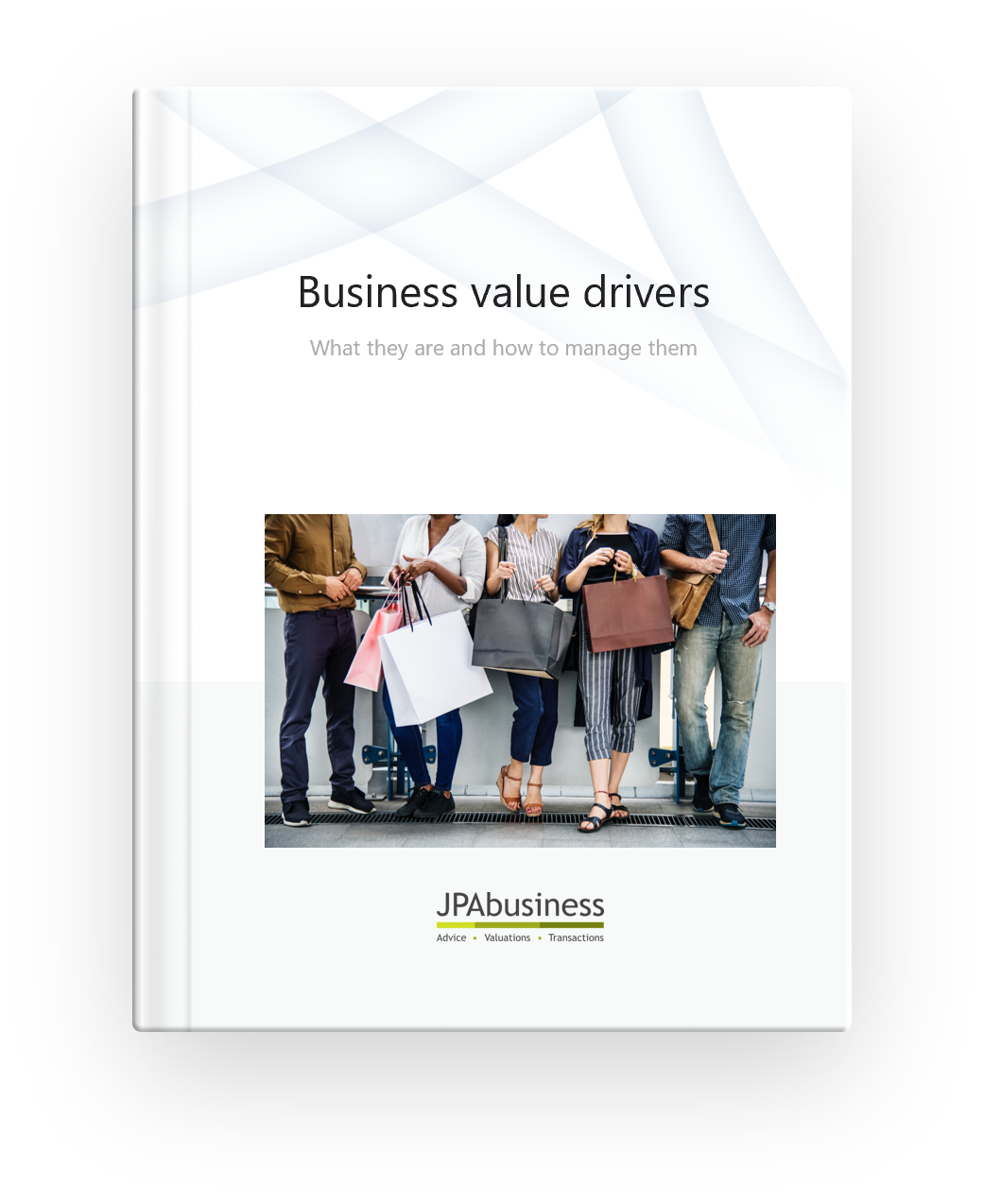
Suppliers are key value drivers in a business.
Suppliers make up a large part of the cost of doing business, but more importantly they assist in providing consistency of whatever product or service you deliver.
The degree to which you’ve got that continuity locked down will allow you to drive more value in your business.
If you’re servicing a customer and you know you can be predictable and deliver at a certain time, then you’re much better at pitching to that customer against a competitor.
3 attributes of 'valuable' suppliers
Critical as a driver of business value is to have a set of suppliers who are:
- predictable;
- provide quality, and
- deliver to a specification. (That ‘spec’ might be price based, time based or quality based, or it might be all of those.)
Some businesses can consider supply as simply a cost game. For example: "I want X amount of cardboard boxes to pack my product in to send overseas. As long as I have them here every month I don’t care what they look like."
But for other businesses, such as those involved in distribution, supply continuity is critical. If they can’t rely on supply then they can’t service the customer according to the proposition they put in front of them.
How to ensure predictability of supply
There are a couple of ways to ensure consistency and predictability of supply. One is to have a diversity of suppliers but, if this is not possible for your proposition, then it is critical to develop relationships with your suppliers.
Diversity
If you choose to have a diversity of suppliers then you’re not beholden to anyone.
You may choose to focus on sales and distribution rather than quality, and secure your product from three or four manufacturers in different markets, locations or based on competitive sourcing agreements.
This way you are managing your supply to protect against market and geographic risk and to secure volume to distribute.
Develop relationships
Another approach is to develop relationships with single suppliers. This relationship will be much more than simply a transactional situation with a supplier, where you say ‘I want X and I’ll pay Y and that’s it’.
It’s a deeper relationship where over time that supplier gets to know your requirements and there is predictability about how to deliver to your needs.
If you have predictability on supply then it’s easy for you to provide predictability for customers.
If you don’t have predictability on supply side, then you have to make all sorts of decisions to ensure your customer is not burned from bad experience.
Here's an example:
If you have no predictability about dealing with your suppliers, then typically you will hold stocks of components because you can’t rely on your manufacturer to deliver them on time.
Holding stocks means you have to put working capital value in those stocks in order to satisfy your customers’ needs. You will then have to cost the amount of those stocks into the price that you’re passing on to your customer.
So the customer loses and you lose, but the manufacturer still does whatever they want.
That’s an unbalanced value chain, because you haven’t dealt with the value driver relating to suppliers.
You’ve chosen as a business owner to take on the risk yourself, rather than saying: "Right Mr Supplier, how can we reach an arrangement where we share the risk on this? You give me more predictability and for that predictability I may be able to share some of the cost of holding stock."
3 tips for managing relationships with suppliers
1. Size matters
Some suppliers are easy to deal with and as a private business person you can develop that relationship over time.
Other suppliers are big multinational companies that you, as a business, don’t mean much to.
So you’ll be able to manage your relationship depending on the size and shape of the supplier and your history with them.
2. Lock it in
It’s very important that you document any supplier relationship that is significant in terms of what your business provides to customers.
It may not be a heavy duty contract, but it is an understanding of the continuity you need in terms of the product you’re providing to your customers.
3. Mind your supplier’s business
If your business is beholden to one supplier and that supplier is having difficulty, then you can leverage the strength of that supplier by taking a closer interest in what they do.
If you’re a significant part of that supplier’s business, then you may be able to influence and even control what’s going on with that supplier.
Often poor supply issues are left unaddressed because the old adage in business is ‘focus on what you can control, not on what you can’t’.
But with supplier relationships you can leverage them if you develop a relationship and look at ways of balancing the risks between the supplier and your business.
If you would like advice or support to manage your supplier relationships, we can help. Contact our business advisory team on 02 6360 0360 or 02 9893 1803 for an obligation-free, initial discussion.

